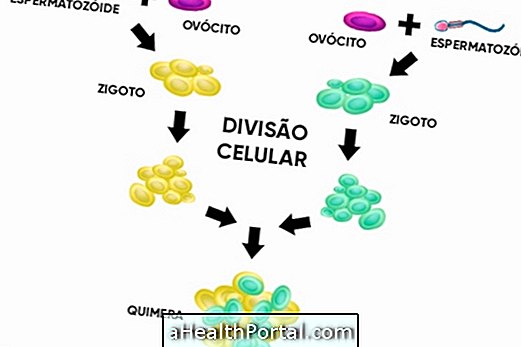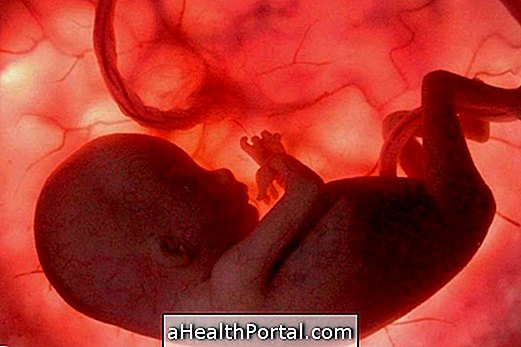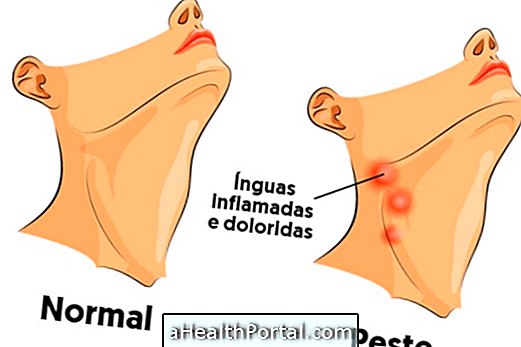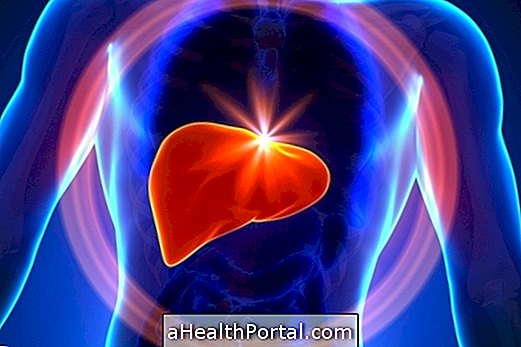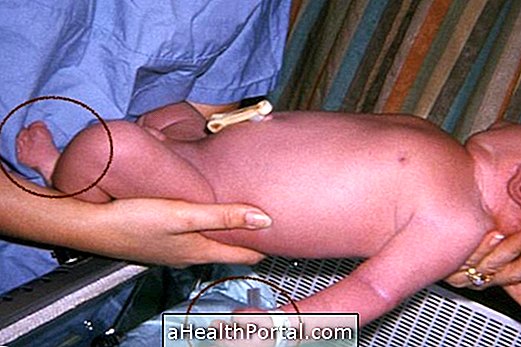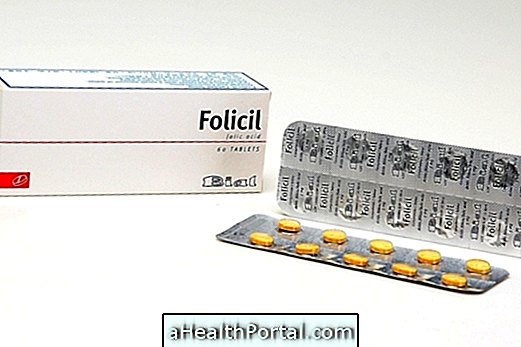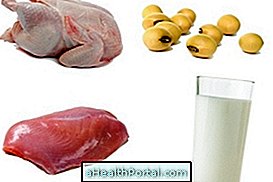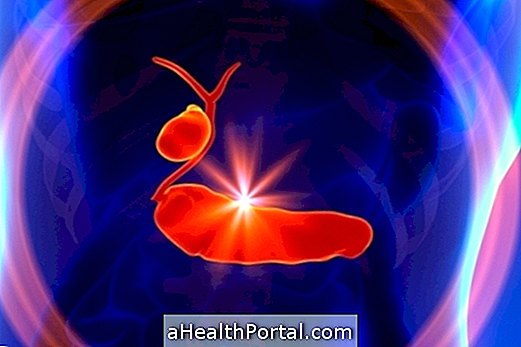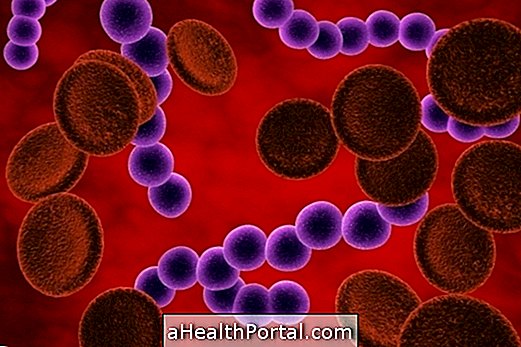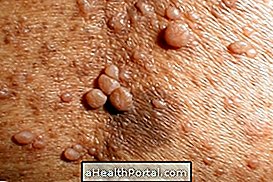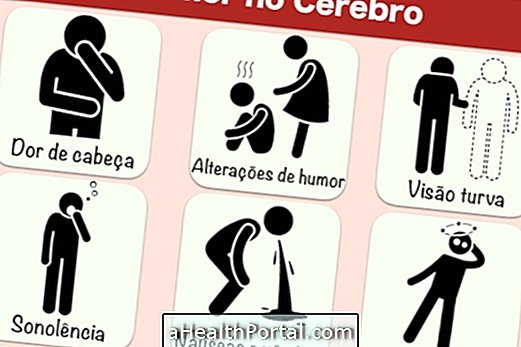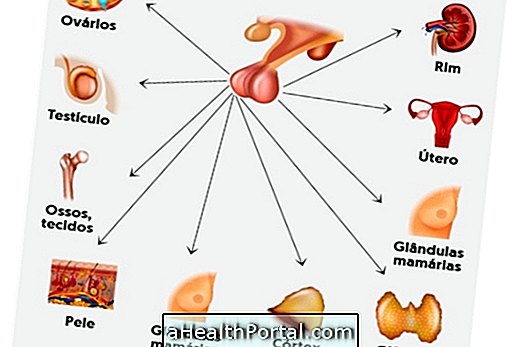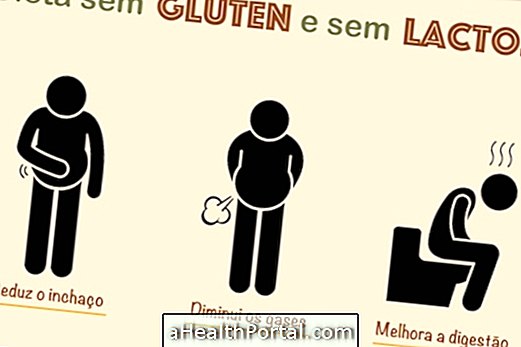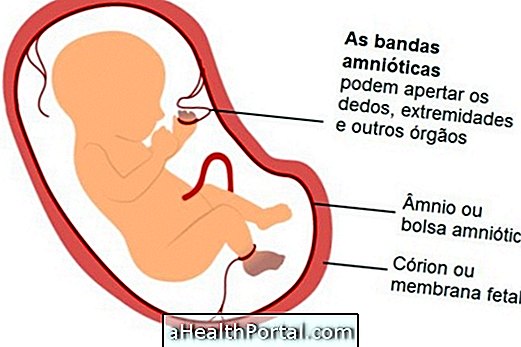Pompe disease is a rare neuromuscular disorder of genetic origin that causes muscle weakness and may manifest in the first 12 months of life or later in childhood or adolescence.
Although Pompe's disease is always characterized by a muscular impairment that affects the ability to support, cardiac and respiratory functioning, the symptoms vary greatly from patient to patient, especially depending on the stage at which the disease begins to manifest.
Pompe's disease can be characterized as early or late, based on the age of onset of the first symptoms (before or after 12 months of life) and the presence or absence of cardiac problems. The late form does not involve cardiac changes and, in general, has a slower evolution, which can appear at any time, from early childhood to adulthood.
Treatment for Pompe disease
The treatment for Pompe disease is specific and it is done with the application of the enzyme that the patient does not produce, the enzyme of alfaglicosidade, that degrades the accumulated glycogen preventing the evolution of the muscular damages.
Enzyme application is done directly into the vein every 15 days. The dose is calculated according to the patient's weight.
The results will be better, the earlier the diagnosis is made and the treatment implemented, which naturally reduces cellular damage caused by the accumulation of glycogen, which are irreversible and thus the patient will have a better quality of life.
Physiotherapy for Pompe disease
Physiotherapy for Pompe disease is an important part of the treatment and serves to strengthen and increase muscle endurance, which should be guided by a specialized physiotherapist.
It is very important the complementary treatment with speech therapist, pulmonologist and cardiologist and psychologist together in a multidisciplinary team.
Symptoms of Pompe disease
Symptoms of Early Pompe Disease
The symptoms of early Pompe disease are diagnosed in infants. The symptoms in these cases usually appear around two months of age and the diagnosis of Pompe is made, on average, three months later, for presenting:
- Progressive muscle weakness
- Lack of firmness in the neck
- Poor motor development for age
- Large tongue that usually does not fit inside the mouth
- Lack of reflex
- Progressive respiratory weakness with development of respiratory insufficiency
- Frequent respiratory infections
- Death due to cardiorespiratory insufficiency, usually before the first year of life
- Large heart (cardiomegaly) with left ventricular hypertrophy
- Difficulty swallowing
- Big liver



Symptoms of late Pompe disease
The symptoms of late Pompe disease are less aggressive and the disease tends to evolve slowly, with severity and range of symptoms very variable. Symptoms of Pompe disease may include:
- Progressive muscle weakness
- Unstable gait, tiptoe
- Lower back pain
- Deep tendon reflexes reduced
- Difficulty climbing stairs
- Winged scapula (very evident scapula out of back)
- Gowers sign (hand support to "climb" one's own body when lowering)
- Delay in motor development in children
- Presence of Lordosis and scoliosis
- Difficulty breathing in effort
- Respiratory insufficiency
- Sleep apnea
- Respiratory infections
- Difficulty eating and swallowing
- Enlarged liver
- Morning Headaches
- Daytime sleepiness
Diagnosis of Pompe disease
Diagnostic examination of Pompe disease is done through a biopsy of the muscle and is confirmed when there is cellular damage due to the accumulation of glycogen in muscle tissue.
The characteristic symptoms of Pompe's disease provide a clue, but the diagnosis is confirmed only by biopsy, although other less invasive diagnostic methods are in the process of being investigated.
It is possible to make the diagnosis of the baby while it is still in gestation, through amniocentesis. This examination should be done in the case of parents who have already had a child with Pompe disease or when one of the parents has the late form of the disease. The DNA test can also be used as a support method in the diagnosis of Pompe disease.
A movie called extreme decisions is based on a true story about pompe disease.
